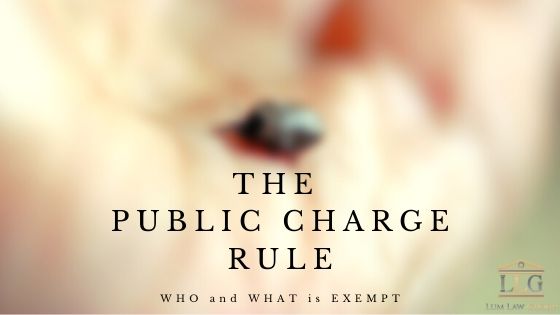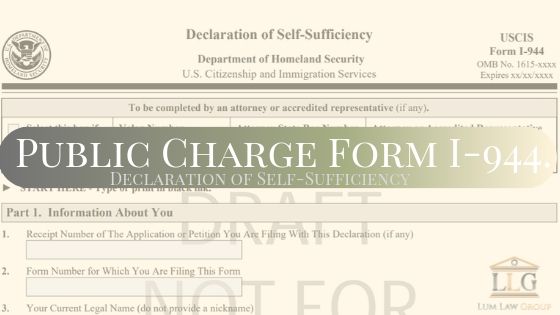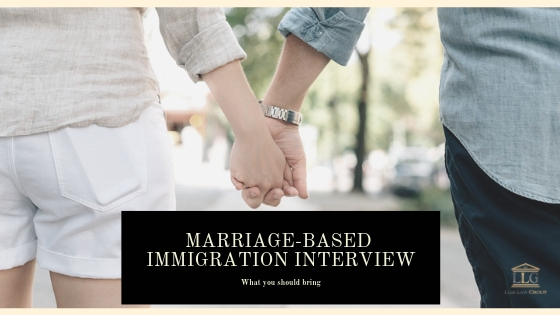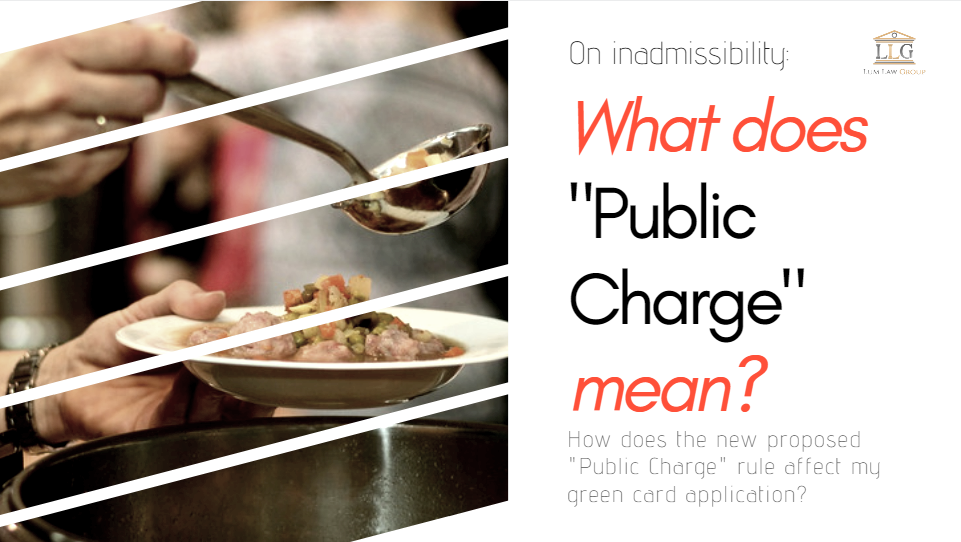TPS Holders Cannot Adjust Status After Travel Abroad Under DHS Authorized Travel Document.
On August 30, 2020, USCIS implemented a policy change for Temporary Protected Status (TPS) holders. Under this policy, TPS holders who travel with an authorized DHS travel document retain their TPS upon re-entering the U.S., but this cannot be used to qualify for adjustment to permanent residency. TPS holders should understand these rules before traveling.
Who and what is exempt from the new Public Charge rule?

On Monday, February 24, 2020, the new United States Citizenship and Immigration Services (USCIS) Public Charge rule goes into effect. While we’ve written about it in-depth before, we would like to assure our readers which services and benefits are exempt from the rule, and who the rule does not affect. This article serves to clearly […]
If I marry a US Citizen, will I avoid deportation?

Many of our non-status clients believe marrying a U.S. citizen will solve their immigration problems. Undocumented clients will either jump into a marriage head first for a chance at a marriage green card, or they’d wait until they’re detained to marry their beloved. Then, they’ll come to us and expect the marriage certificate to solve […]
What is the new Public Charge Form I-944 Declaration of Self-Sufficiency?

After finalizing the new Public Charge of Inadmissibility rule, United States Immigration and Citizenship Services (USCIS) has announced that new green card applicants will be required to file a “declaration of self-sufficiency”. The not-yet-released Form I-944 is an additional requirement for all Form I-485 Application to Register Permanent Residence or Adjust Status submissions starting October […]
What Should I Bring to My Marriage-based Immigration Interview?

Previously, we wrote about how to prepare for your marriage-based green card beginning from the moment you decide to marry your partner. The question of what should be brought to your marriage-based immigration interview for I-130 Petition for Alien Relative, I-485 Application for Adjustment of Status, and I-751 Application to Remove Conditions of Permanent Residence […]
What does “Public Charge” mean and how does it affect me?

We have noticed conflicting information regarding the recent proposed changes to the existing public charge inadmissibility grounds. To read the actual notice published on October 10, 2018, the Notice of Proposed Rulemaking, from United States Citizenship & Immigration Services (USCIS), please click here. We hope this article will clarify the key questions our clients ask us […]
Green Card holders — Get naturalized now!

If you’ve been a permanent resident (green card holder) for five years or longer, why have you not applied for citizenship yet? Our immigration attorneys are always encouraging people to apply for naturalization–relatives, friends, and clients alike! We don’t encourage you to apply for citizenship to collect attorney fees, rather, we encourage you to obtain […]
Getting married? Start planning for your immigration adjustment now!

Many of our clients come to us for assistance with their Adjustment of Status (I-485), better known as green card, applications, thinking it will be as simple as filling out a form and paying the filing fee. It is not. Those who come to us after receiving a Request for Evidence (RFE) or worse–an Intent […]
So I want to apply for a Green Card…

If you were applying for a green card in the past, you could do it yourself. However, today you need competent counsel to help you. Our current government is changeable, as evidenced by the new eighteen-page I-485 Adjustment of Status form–as opposed to the old six-page form. Now, the need for an attorney begins before […]

